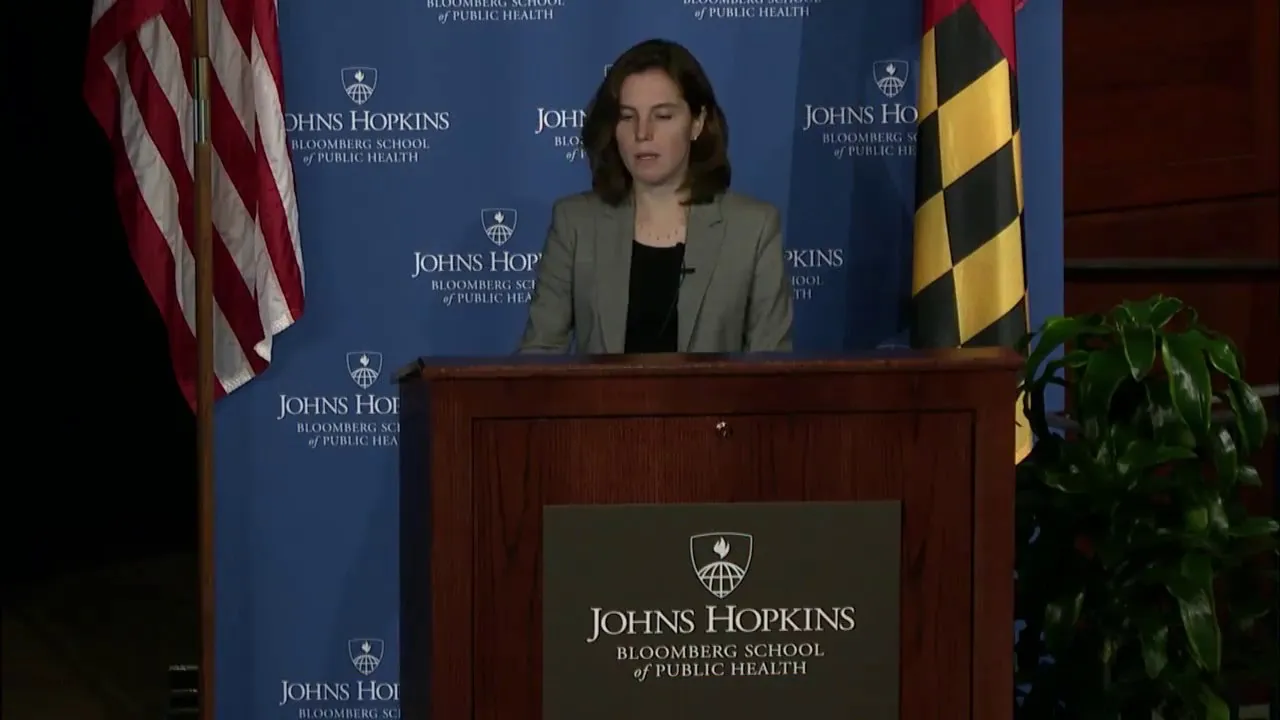Around 25 million Americans have type 2 diabetes, which implies a failure of the normal regulation of the body of sugar (glucose) levels in the blood.Chronic elevation resulting from blood glucose (hyperglycemia) increases the risk of other important diseases, including heart, oular, renal and stroke diseases.
The current clinical guides recommend that an initial result of blood tests indicating elevated glucose levels or glycosylated hemoglobin (HBA1C) confirmed on a second visit to the doctor with another blood test, a expensive practice that can lead to lost diagnoses.
The diagnosis of type 2 diabetes in clinical practice may require only a blood sample, according to a study led by researchers from the Bloomberg Public Health School of the Johns Hopkins University in the United States.
The work, which is published on Tuesday in 'Annals of Internal Medicine', found evidence that a positive result for two standard diabetes markers in a single blood sample is a highly precise predictor of diabetes and major complications of diabetes such askidney disease and cardiac pathology.
"The results of our study suggest that the two evidence of a blood sample can provide adequate confirmation of diabetes, which could allow a greater simplification of current clinical practice guides," says the main author of the study, Elizabeth Selvin, professor in the Department of Epidemiology at the Bloomberg School.
Although diabetes is treatable, scientists estimate that approximately three million Americans who suffer are not diagnosed.It is also believed that dozens of millions of adults, without knowing, have a limit condition, "prediabetes", which similarly raises the risk of heart disease and other complications, and can easily lead to full -fledged diabetes if it is not corrected.
Selvin and his colleagues formulated the hypothesis that the positive results for glucose and HBA1C in a blood sample could be an acceptable alternative to the current standard of two samples."Doctors are already doing these tests together: if a patient is obese, for example, and has other risk factors for diabetes, the doctor is likely to ask glucose and HBA1C tests in a single blood sample, 'says Selvin-
High predictive value
To determine how the new approach, jungle and colleagues examined the data of a long -term study on the risk of atherosclerosis in the communities (Aric) on the health of more than 13,000 Americans.The analysis, initiated at the end of the 1980Collecting relevant data for diabetes, including blood glucose and results of the HBA1C test.
The scientists identified 383 people who, in their second study check in the early 1990s, did not have a diagnosis of diabetes, but positive results for blood glucose and HBA1C of a single blood sample.Almost all, 90 percent, were diagnosed with diabetes during the first 15 years of the study (99 percent in 20 years).These people also developed diabetes complications, such as heart disease, at much higher rates thanPeople who did not have diabetes or who only presented a high result of the test.
"The conclusion is that this combination of positive results of a single blood sample has a very high positive predictive value for a subsequent diagnosis of diabetes, and also indicates a high risk of typical diabetes complications," says Selvin.
Some people in the study that had positive results in a single test were diagnosed with diabetes.Therefore, Selvin emphasizes that a second repetition test is still appropriate following the current guidelines for people with a single positive test.
Even so, study findings could lead to changes in guidelines to enable diabetes to be diagnosed faster depending on the two positive results in a blood sample."I hope these results lead to a change in clinical guidelines when reviewed in early 2019, which could make diabetes identification much more efficient in many cases," concludes Selvin.


